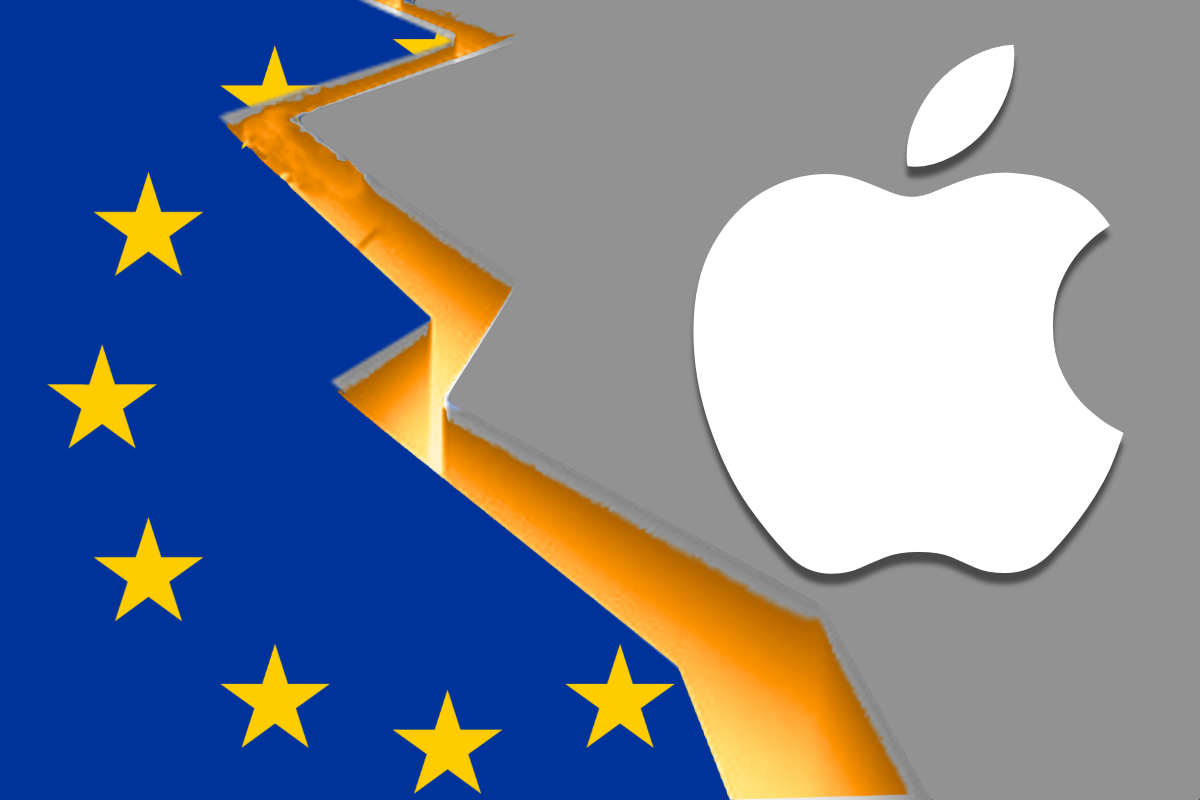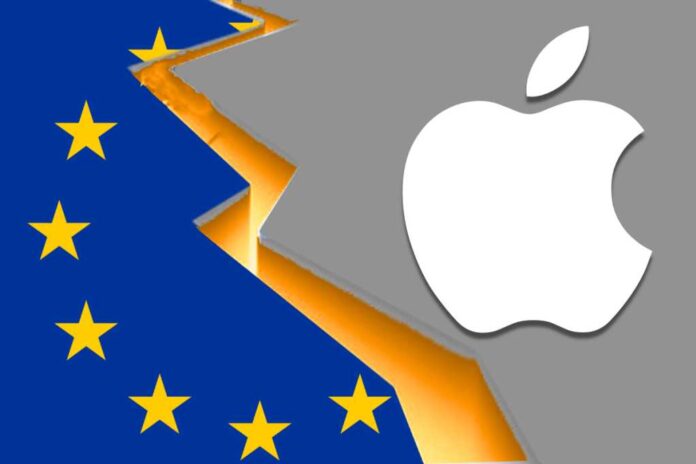
Apple has printed a public letter outlining its view on the implementation of the Digital Markets Act (DMA) within the EU, passing the buck to the Fee in Brussels.
In keeping with the prolonged screed, the supply of capabilities akin to iPhone mirroring, stay translation on the Airpods, and most popular routes in Maps is being delayed as a result of Apple sees itself in an impassable state of affairs: On the one hand, the DMA obliges the producer to supply the identical capabilities for third-party peripherals; alternatively, Apple sees the integrity of consumer information in danger, as these capabilities would contain passing on delicate consumer information to the third-party producers.
Hardships and dangers attributable to the DMA
In its letter, Apple highlights quite a few disadvantages for EU customers attributable to the DMA. These embrace elevated dangers for app downloads and cellular funds, as different platforms unfold faux banking apps or video games contaminated with malware. Moreover, the consumer expertise suffers as customers are confronted with different app shops and marketplaces that make use of completely different guidelines and have distinct designs.
Customers might thus come into contact with dangerous apps, particularly porn apps akin to Scorching Tube within the AltStore or playing apps that have been banned in sure areas till the implementation of the DMA on the iPhone.
Apple complains that the European Fee has not responded to the objection that sharing such delicate information because the content material of app notifications or the historical past of all beforehand related Wi-Fi networks poses a threat to customers. In actual fact, there are a number of paperwork on the Europa.eu platform that doc discussions between Apple and the European Fee. The Fee responds to Apple’s safety objections:
Nonetheless, some facets of privateness and safety will not be lined by the idea of integrity as outlined in Regulation (EU) 2022/1925. Particularly, the idea of integrity in Regulation (EU) 2022/1925 doesn’t enable gatekeepers to impose their very own mannequin of safety and privateness on third events.
In actual fact, nothing in Regulation (EU) 2022/1925 prevents competitors or differentiation by way of safety and information safety fashions so long as they’re appropriate with the relevant laws. For instance, the gatekeeper mustn’t stop third-party apps from accessing the digital camera of a smartphone or pill if they’ve obtained the consumer’s consent – as entry to the digital camera is important for a lot of reliable use instances, akin to video conferencing apps.
Since third-party providers and {hardware} are topic to relevant laws anyway, together with information safety and cybersecurity, the choice whether or not to make use of a service ought to relaxation with the tip consumer – not the gatekeeper who controls the working system.
COMMISSION IMPLEMENTING DECISION of 19 March 2025, level 87, web page 24
Apple clearly has a a lot stricter view of knowledge safety rules than the EU.
Singled out
Apple says its engineering groups “are doing extra engineering work” to supply stay translations within the EU with out the chance of exposing non-public conversations to “different corporations or builders.” Within the criticism, Apple claims it’s being singled out within the DMA “whereas leaving our rivals free to proceed as they at all times have”:
The DMA’s guidelines solely apply to Apple, although Samsung is the market chief within the smartphone sector in Europe and Chinese language corporations are rising quickly.
Apple is appropriate in noting that Samsung is excluded from the DMA. Nonetheless, Apple’s objection overlooks the truth that there are lots of different producers in addition to Samsung that provide Android smartphones, together with Alphabet, which is affected by the DMA. In actual fact, the EU Fee has categorised a number of corporations as digital gatekeepers, together with Microsoft, Meta, Amazon, and Alphabet.
Nonetheless, one can perceive Apple’s demand that legislators ought to take a more in-depth have a look at the results of the DMA. However Apple’s place should even be seen critically right here. The App Retailer has not been the one supply of app entry on iPhone and iPad within the EU for over a yr, and Apple’s nightmare state of affairs of droves of customers downloading malware and faux apps from alternate options akin to Altstore and Setup Cellular hasn’t materialized.
However the points outlined listed below are impacting EU iPhone customers in an actual manner, and if nothing else, the letter servces as a warning to different governments who may look to move related guidelines, nevertheless well-intentioned.
This text initially appeared on our sister publication Macwelt and was translated and localized from German.


